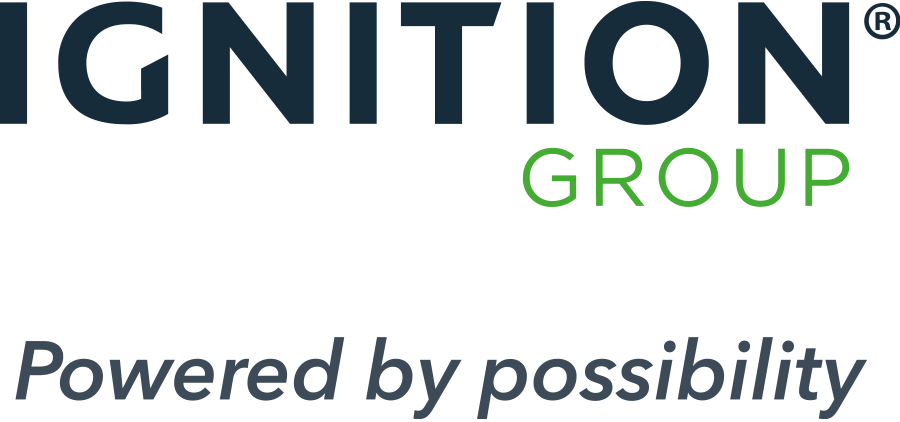
The subject of diversity and inclusion are a driving force in today’s HR strategies, but diversity in the workforce is more than just having a mix of different races and genders represented in a company. True diversity means recognising and embracing the unique perspectives, experiences and skills that each individual brings to the table, and creating an inclusive environment where everyone feels valued and respected, regardless of their background.
Diversity is more than tick-box issue that needs to be solved, and there are a number of tangible benefits of achieving it:
Improved problem solving
Diversity can lead to better decision-making and problem-solving. When a team is made up of people from different backgrounds and experiences, they bring a variety of perspectives to challenges, which can lead to more innovative and effective solutions.
Increased creativity
When a diverse range of people apply themselves to a project, each person brings a strength with them, which leads to the creation of unique solutions through increased creativity and productivity. It can be an undeniable example of the sum being greater than the parts, with an increase in diversity having an exponential effect on the innovation of the end result.
Increased employee engagement
Many studies have shown that a diverse workplace is more likely to attract top talent, and to have far lower levels of staff turnover. Employees feel more comfortable and accepted when they know that their race, gender, age or other social identity won’t affect how they are treated. This has also been shown to positively and directly affect employee engagement, absenteeism and pride in work, as well as overall job satisfaction.
Better insight
Respecting capabilities and understanding where people’s strengths lie are the crux of building and empowering people in various teams within a business. Team members’ strengths help to compensate for others’ weaknesses and bring unique insight on different topics. This can lead to more effective use of resources, more efficient operations and reduced risk.
Improved financial performance
Studies have shown that companies with diverse teams tend to have better financial performance than those without. Diversity can actually deliver a competitive advantage, particularly in creative industries or those with a high level of customer interaction.
Better customer relatability
A benefit that is very valid in the contact centre space is greater ability to serve a diverse customer base. It makes logical sense – a diverse workforce is well placed to help a business better understand and serve its diverse customer base. This in turns leads to increased customer loyalty and repeat business.
Agility and adaptability
A diverse group of employees contains a variety of perspectives, experiences and ideas, which can lead to new ideas, helping to keep a business competitive and to adapt to changes in the marketplace. This can be especially beneficial in industries that are rapidly changing, such as technology and finance, which is why diversity is of particular importance to a technology company such as Ignition Group.
True diversity benefits all stakeholders, including the business. By embracing the power of difference, a company can become more stable, profitable and more attractive to potential employees as well as customers.
Ultimately, a business is responsible for diversity in its workforce, and respect forms the basis of diversity – a business needs to ensure that there is a culture of respect so that every staff member feels comfortable and valued at work. Respect means going further than seeing everyone as equal, but actually seeing differences as valuable and a crucial part of a team and a workforce.
Lucy Engels is Head of People at Ignition Group.


